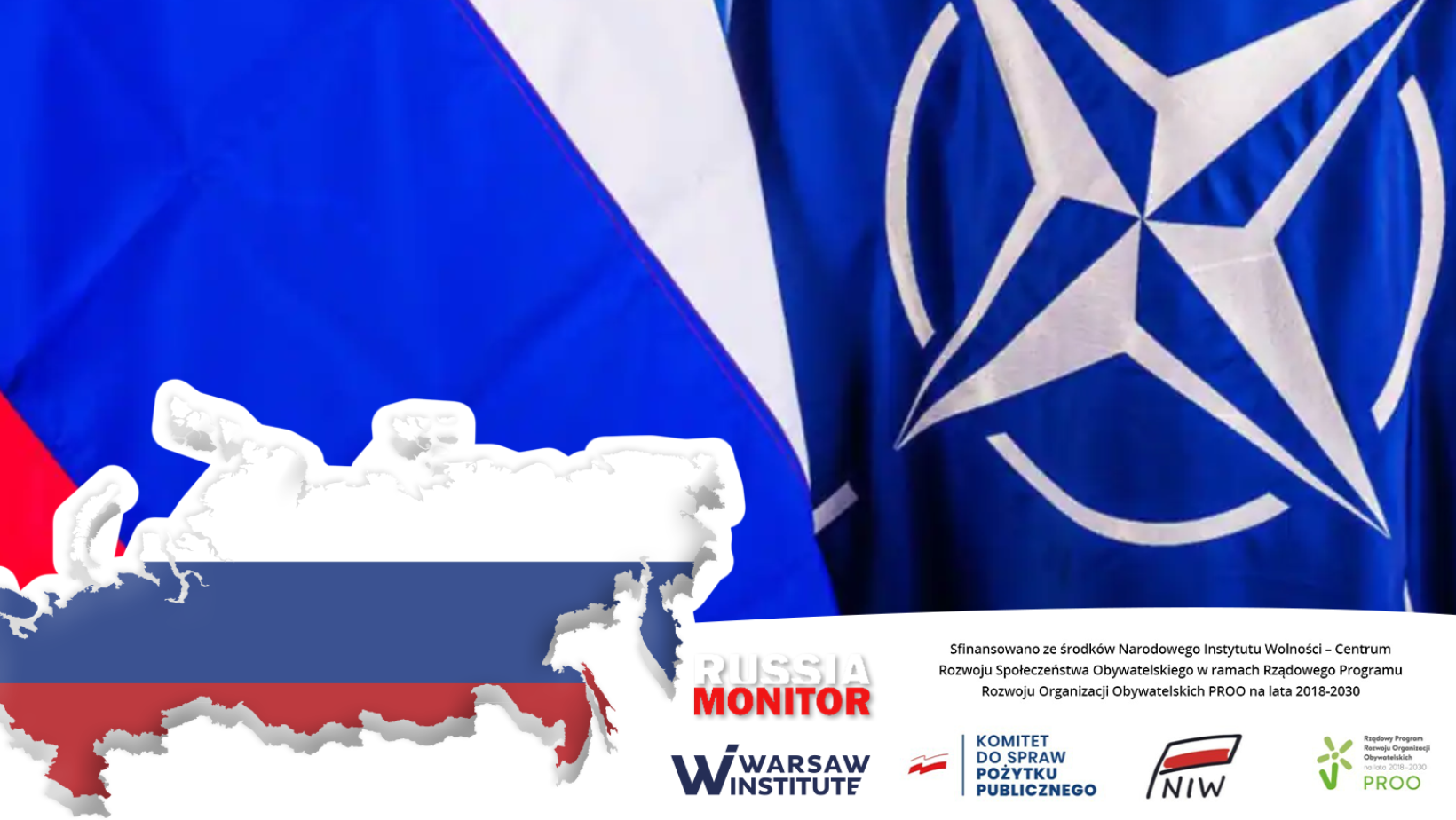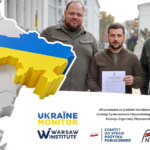
Russia Monitor is a review of the most important events related to Russian internal and external security, as well as its foreign policies.
Date: 13 November 2023 Author: Maciej Tyburski
Russia Withdraws from Security Treaty, Triggers Response from NATO
Russia has formally withdrawn from the Treaty on Conventional Armed Forces in Europe (CFE), an agreement that sets limits on key categories of conventional military equipment. In response to Russia pulling out of the agreement, NATO froze operations for the treaty, saying it would not be feasible for the treaty to exist where allied parties abide by it and Russia does not. According to sources in the United States, a new reality will exert a positive impact on NATO’s deterrence and defense capabilities.

Russia’s foreign ministry said on November 6 Russia had formally withdrawn from the pact at midnight–– and that the treaty was now “history”. “The CFE Treaty was concluded at the end of the Cold War, when the formation of a new architecture of global and European security based on cooperation seemed possible, and appropriate attempts were made,” the ministry said. In addition, Russia blamed the United States, saying its push for enlargement of NATO had led to alliance countries openly circumventing the treaty’s group restrictions. It added that Sweden’s application into NATO also undermined security in Europe. “Even the formal preservation of the CFE Treaty has become unacceptable from the point of view of Russia’s fundamental security interests,” the ministry said. In 2007 Russian President Vladimir Putin signed a decree suspending Russia’s participation in the CFE treaty. In 2015, Russia dealt another symbolic blow to European security by halting active participation in the treaty.
Before Russia announced its intention to exit the treaty, NATO condemned the decision, saying it undermined Euro-Atlantic security. In June 2023, the military bloc said Russia had for many years not complied with its CFE obligations, claiming Moscow’s war of aggression against Ukraine was contrary to the objectives of the treaty.
The CFE was a landmark arms control agreement signed on November 19, 1990, in Paris between sixteen NATO states and six Warsaw Pact countries. It mandated the destruction of excess weaponry.
Support Us
If content prepared by Warsaw Institute team is useful for you, please support our actions. Donations from private persons are necessary for the continuation of our mission.
All texts published by the Warsaw Institute Foundation may be disseminated on the condition that their origin is credited. Images may not be used without permission.
















